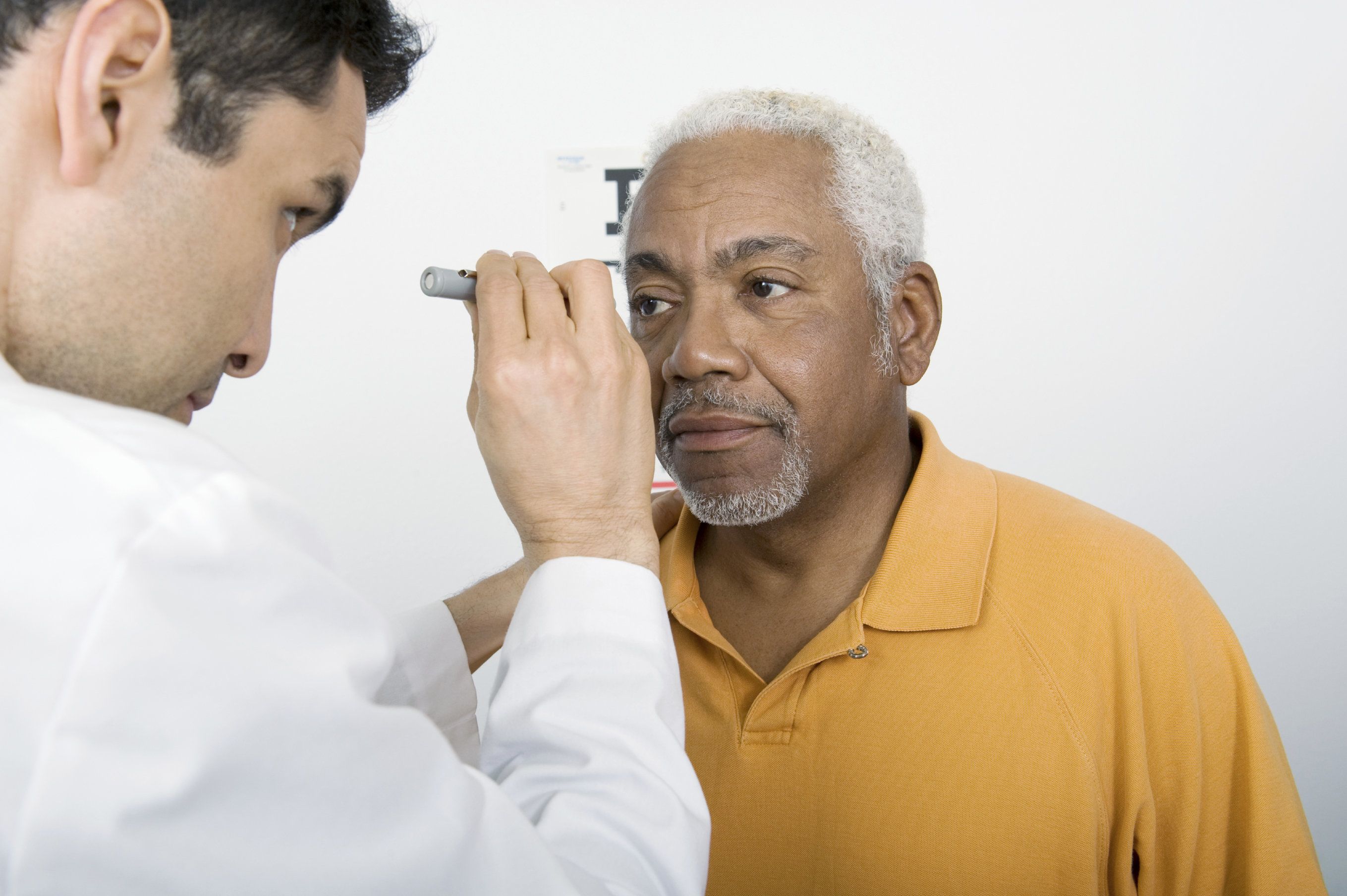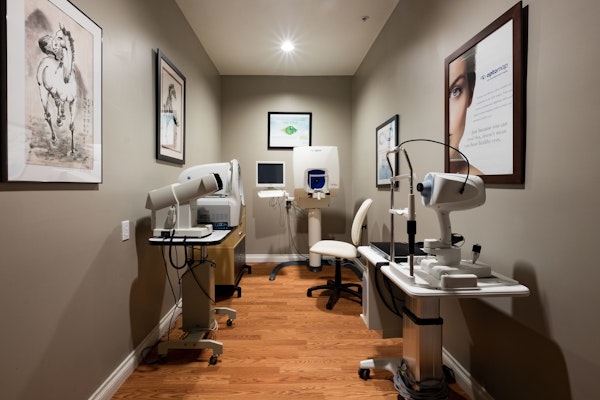Know Your Risk: Glaucoma Risk Factors
 Glaucoma is known as “the silent thief of sight” for good reason. Although it is one of the most devastatingly destructive of all eye diseases, it produces few if any symptoms in most people until it has already caused damage to the eye’s optic nerve. Sadly, there is currently no known cure for glaucoma, which is why it continues to be one of the leading causes of blindness, second only to cataracts around the world. Even in the United States, glaucoma is responsible for 120,000 current cases of blindness - between 9 and 12 percent of all current cases - according to the National Institutes of Health.
Glaucoma is known as “the silent thief of sight” for good reason. Although it is one of the most devastatingly destructive of all eye diseases, it produces few if any symptoms in most people until it has already caused damage to the eye’s optic nerve. Sadly, there is currently no known cure for glaucoma, which is why it continues to be one of the leading causes of blindness, second only to cataracts around the world. Even in the United States, glaucoma is responsible for 120,000 current cases of blindness - between 9 and 12 percent of all current cases - according to the National Institutes of Health.
Although glaucoma is incurable, it can effectively be managed if caught in its early stages. Catching a disease that produces few if any symptoms in its early stages, however, is not easy. How can people know to seek diagnosis of a disease that is essentially asymptomatic at its most treatable?
One of the best ways to stay ahead of glaucoma is to know whether you are at higher risk for developing the disease than the general population. While everyone should have a comprehensive eye exam at least every two to four years regardless of his or her age and ocular health, people who are at risk for glaucoma should have a comprehensive eye exam at least every one to two years, if not more frequently.
Drs. Gordon Wong and Wildon Wong are careful to explain glaucoma risk factors during consultations at their San Diego, CA eye care center, especially to patients who are likely at risk for developing the insidious eye disease. By being proactive and seeking treatment for glaucoma before it has the chance to affect their eyesight, patients have an opportunity to preserve their precious vision for most and possibly all of their lives.
What Are the Risk Factors for Glaucoma?
It is important to note right away that glaucoma does not discriminate in terms of selecting its victims. Anyone can be affected by glaucoma, from newborn babies and school-aged children to people in their twenties and thirties. No one is immune from glaucoma. However, there are factors that could increase your risk for the disease.
If any of these factors apply to you, then you are at higher risk for glaucoma than the general population. If more than one of these factors applies to you, then your risk rises accordingly:
- You are 60 years old or older.
- You have heightened intraocular pressure.
- You have diabetes.
- You are of African, Hispanic, or Asian descent.
- Glaucoma runs in your family.
- You have high blood pressure, or high blood pressure runs in your family.
- You are severely nearsighted or farsighted.
- Your corneas are extremely thin.
- You have suffered a traumatic eye injury.
- You have heart disease.
- You have sickle cell anemia.
- You suffer from chronic migraines.
- You use, or have ever used, steroids.
- You have previously had eye surgery.
Schedule Your Glaucoma Screening
To schedule your glaucoma screening, please contact GW Eye Associates Inc. today.







